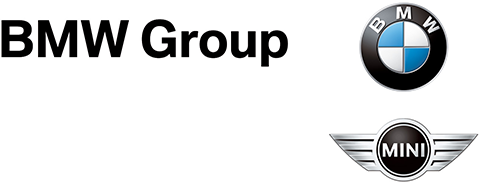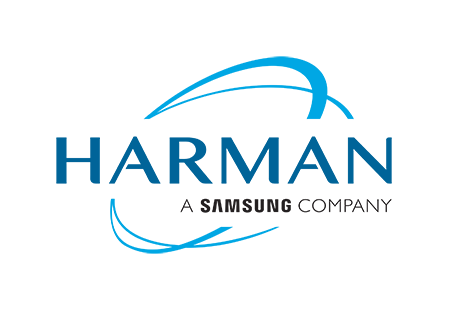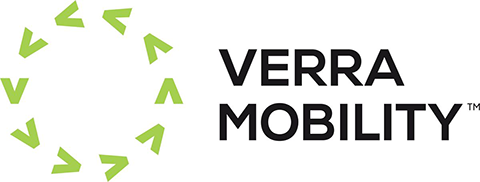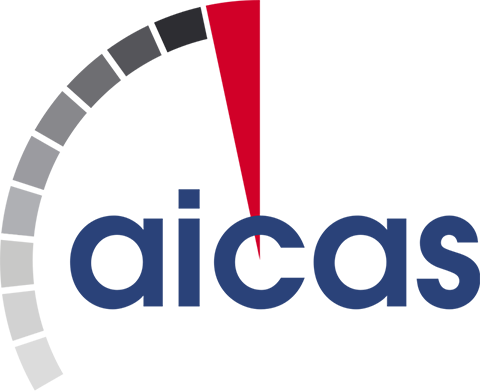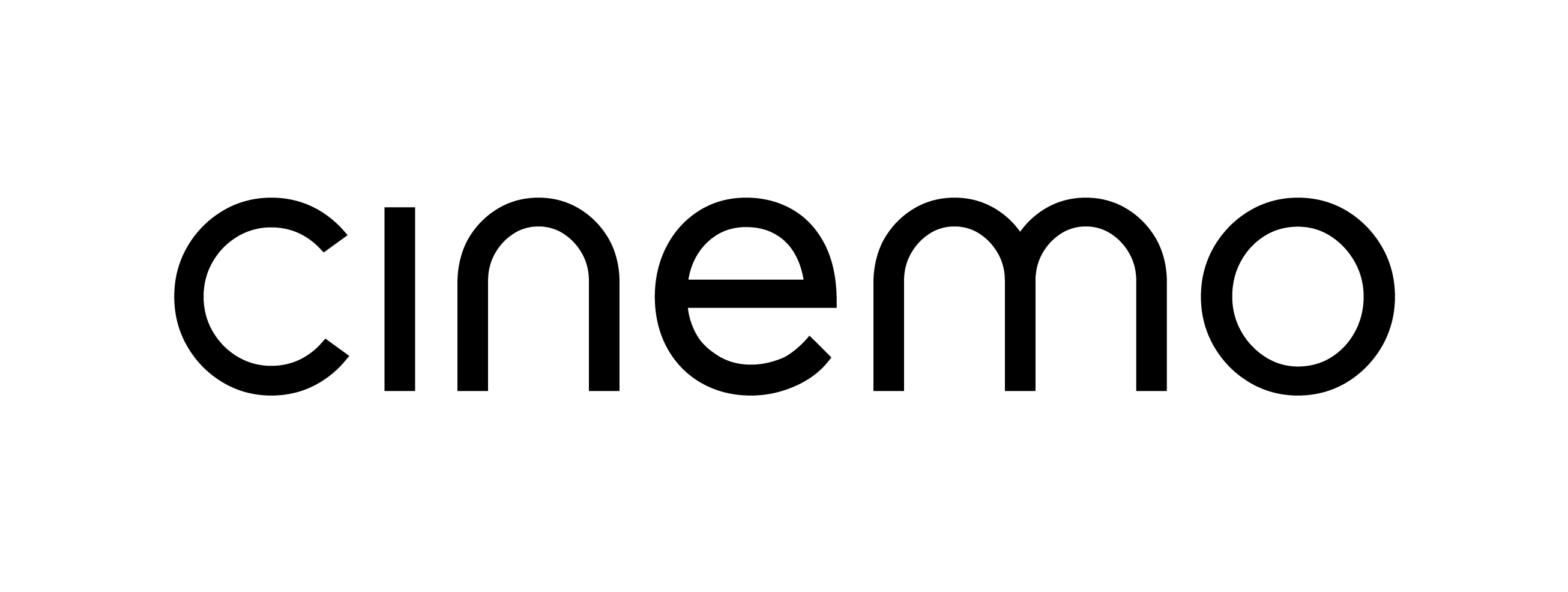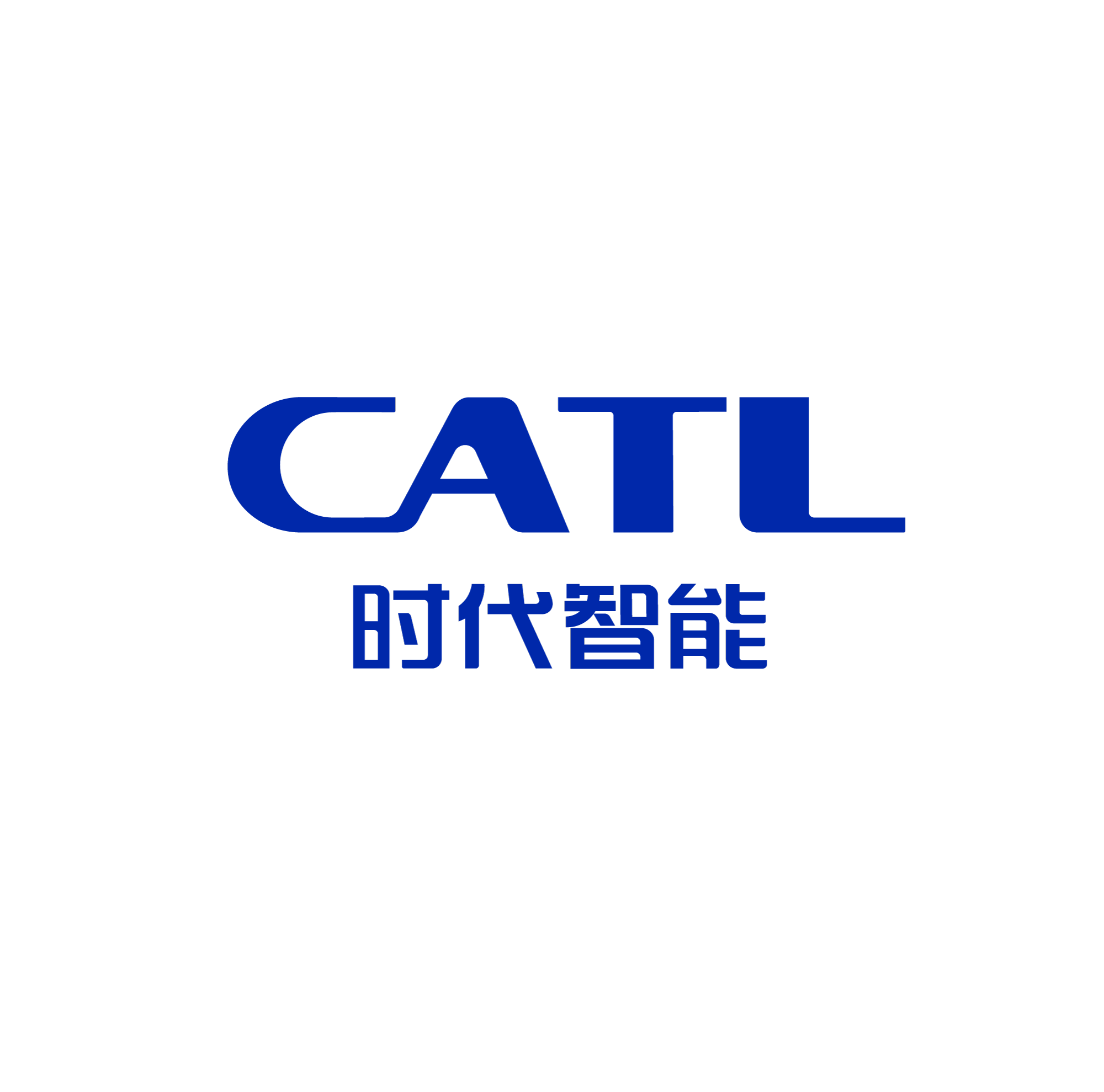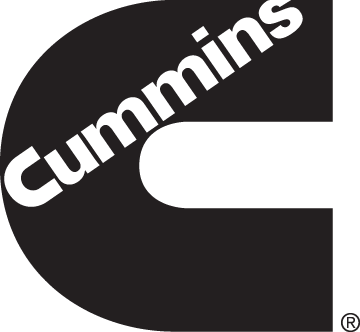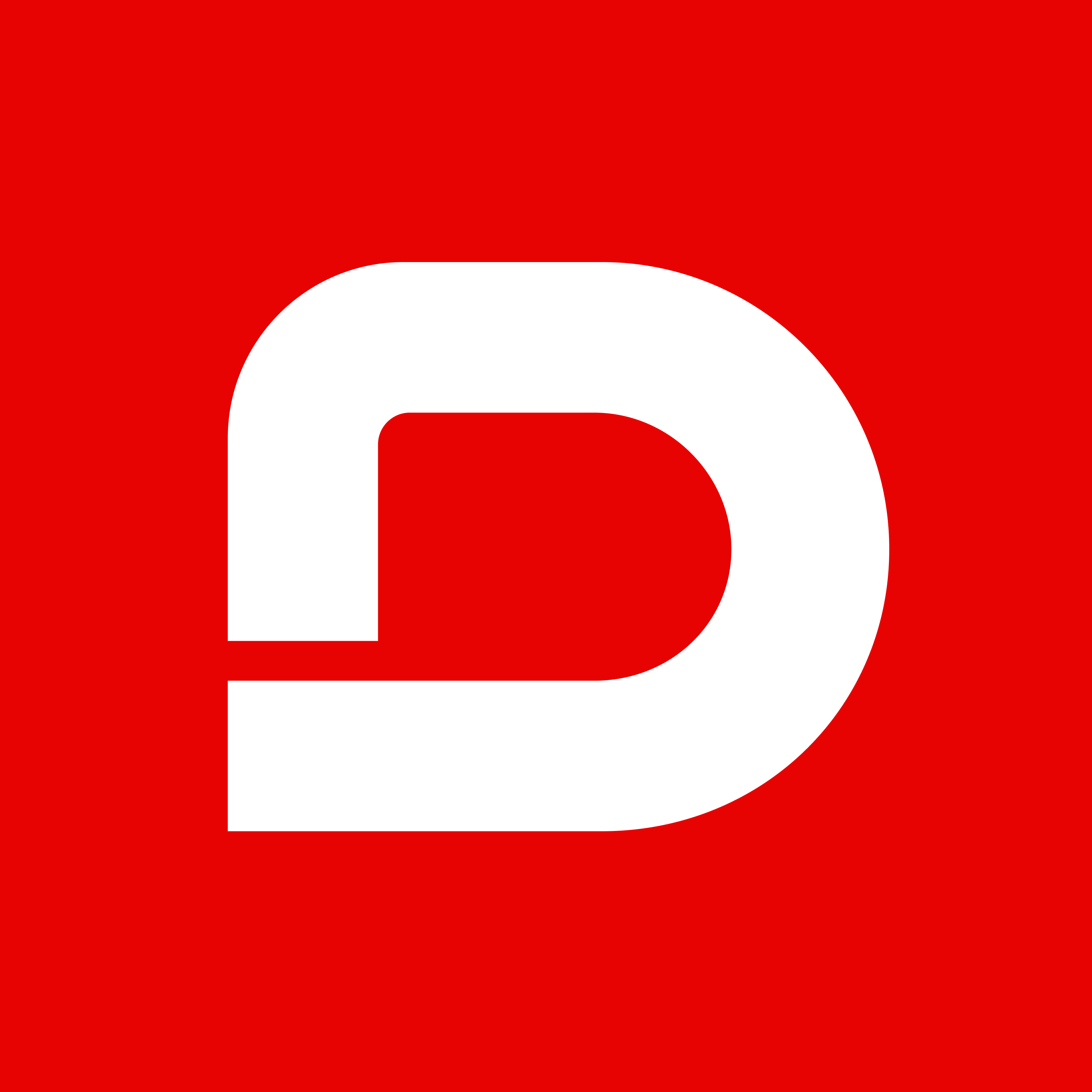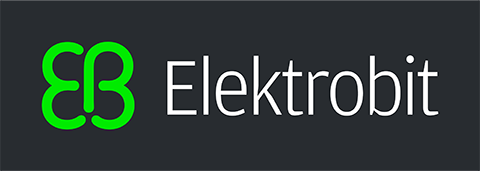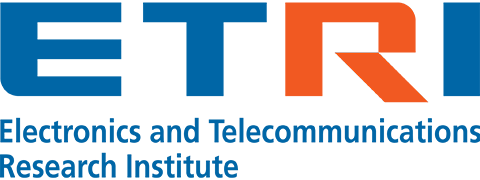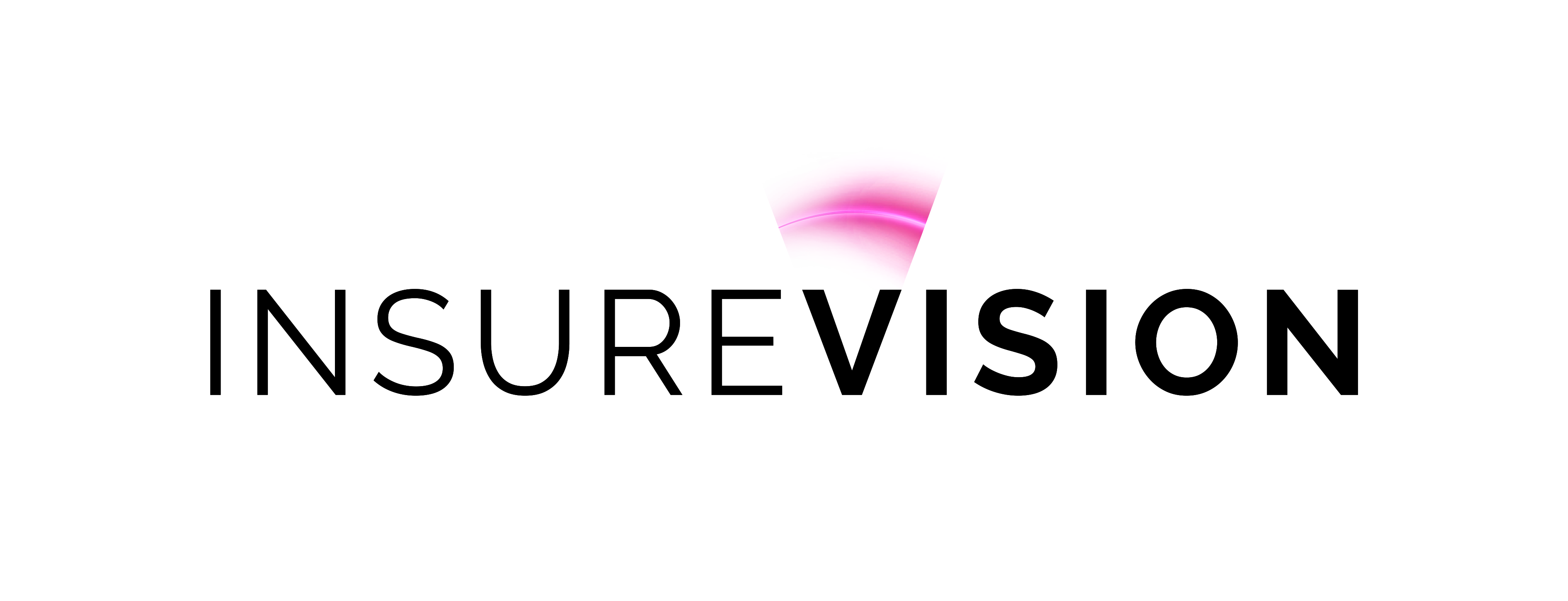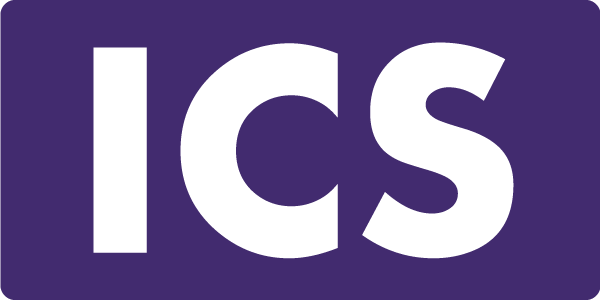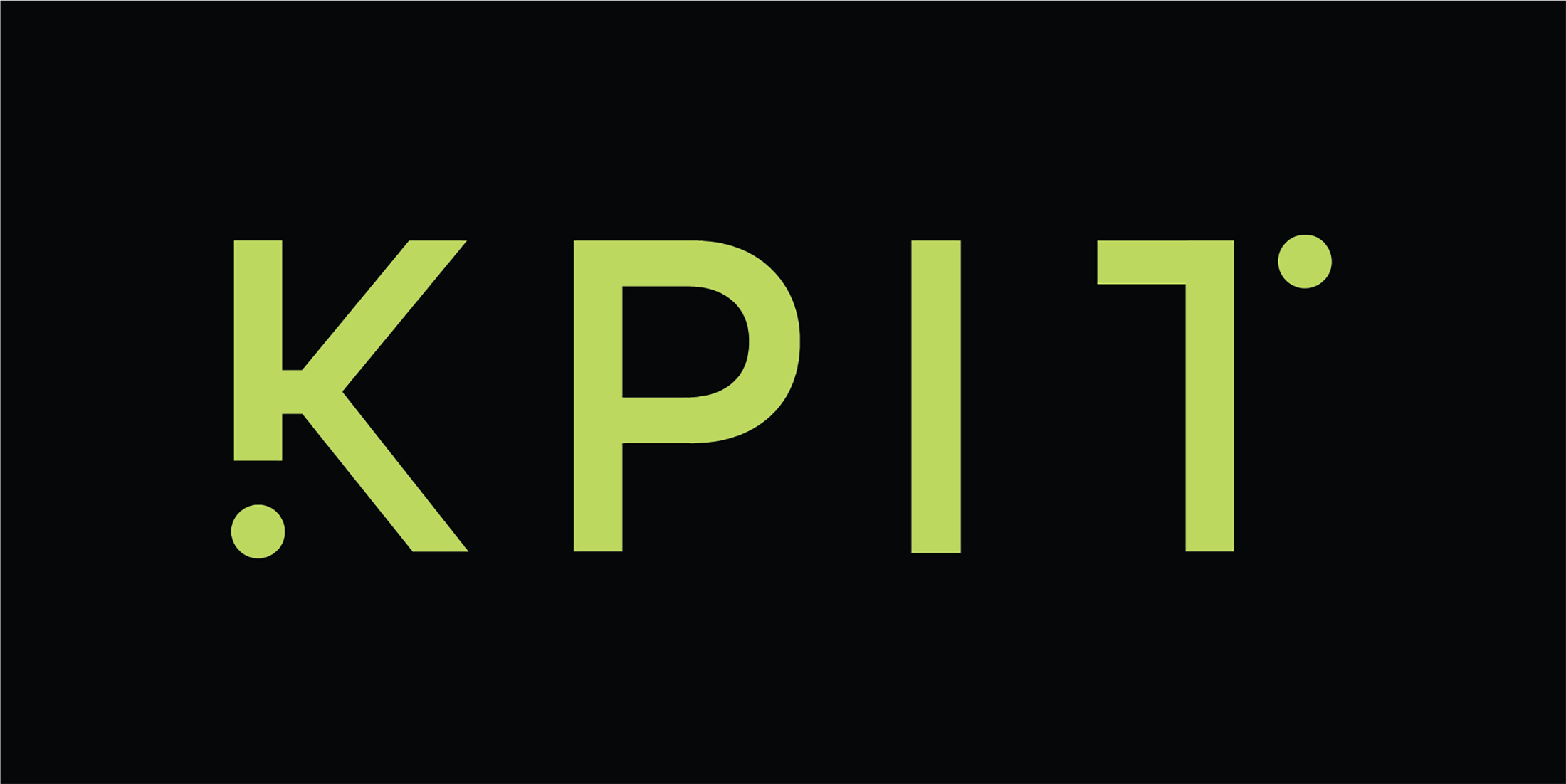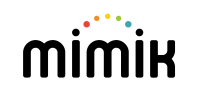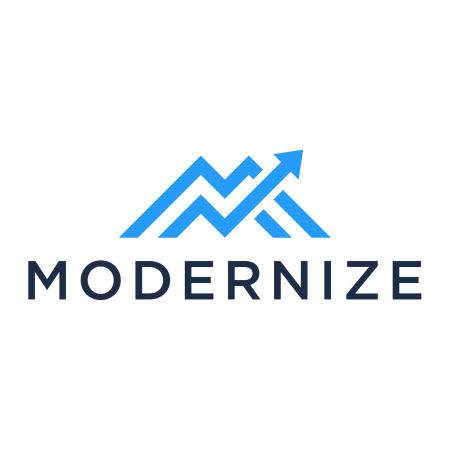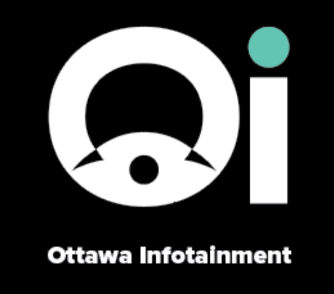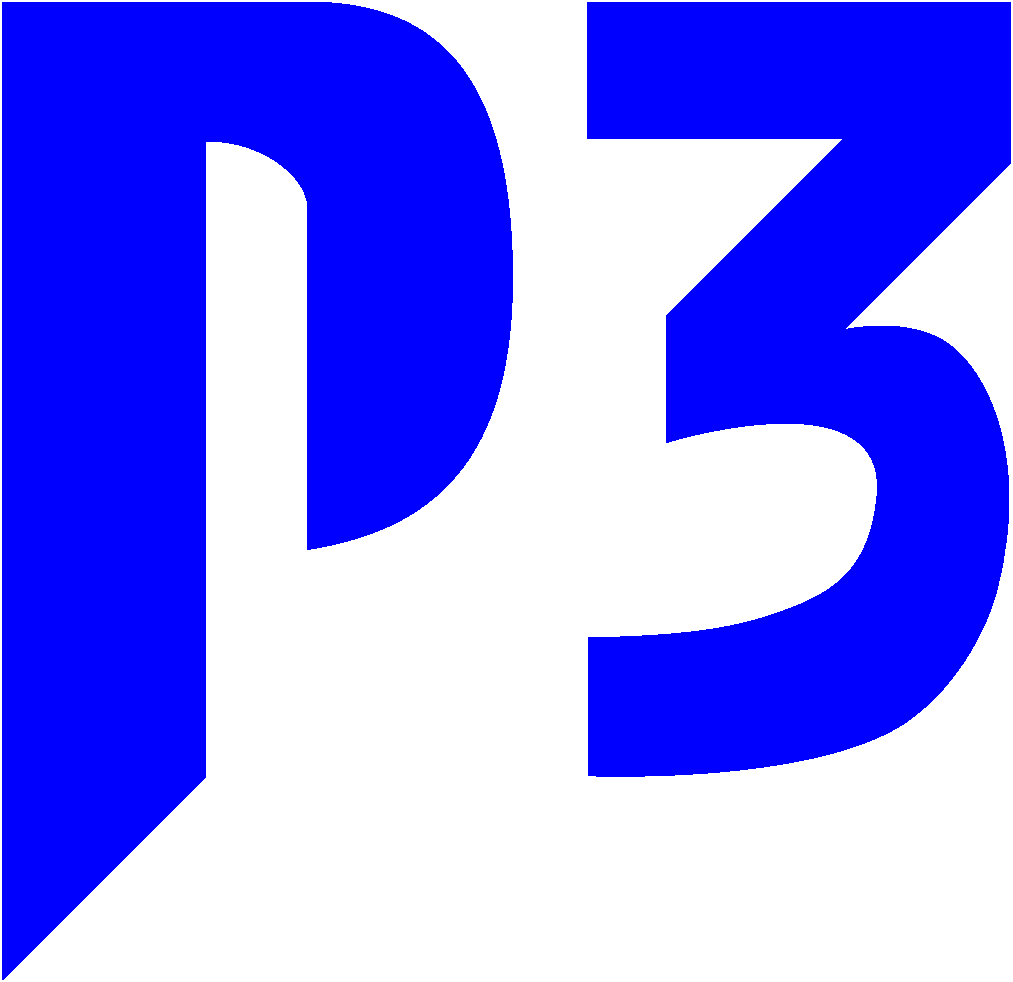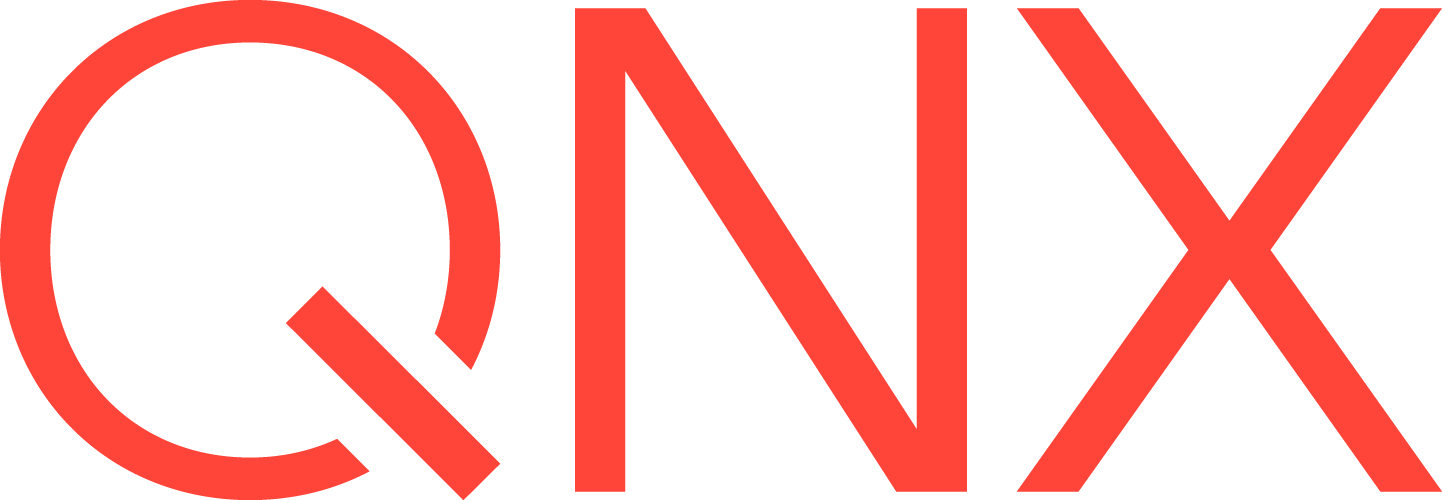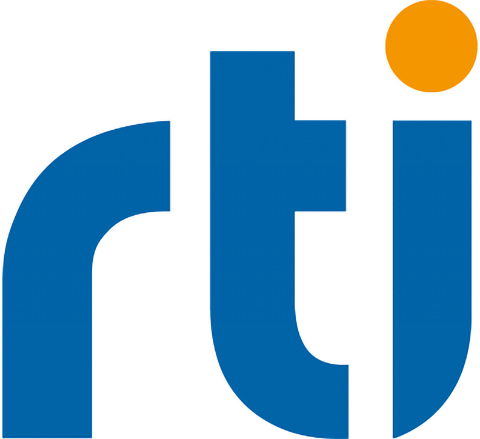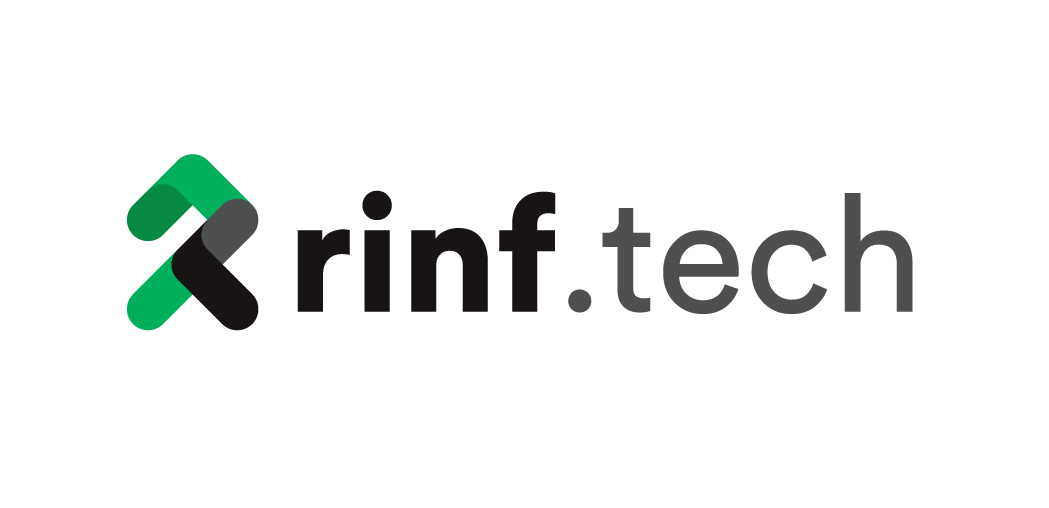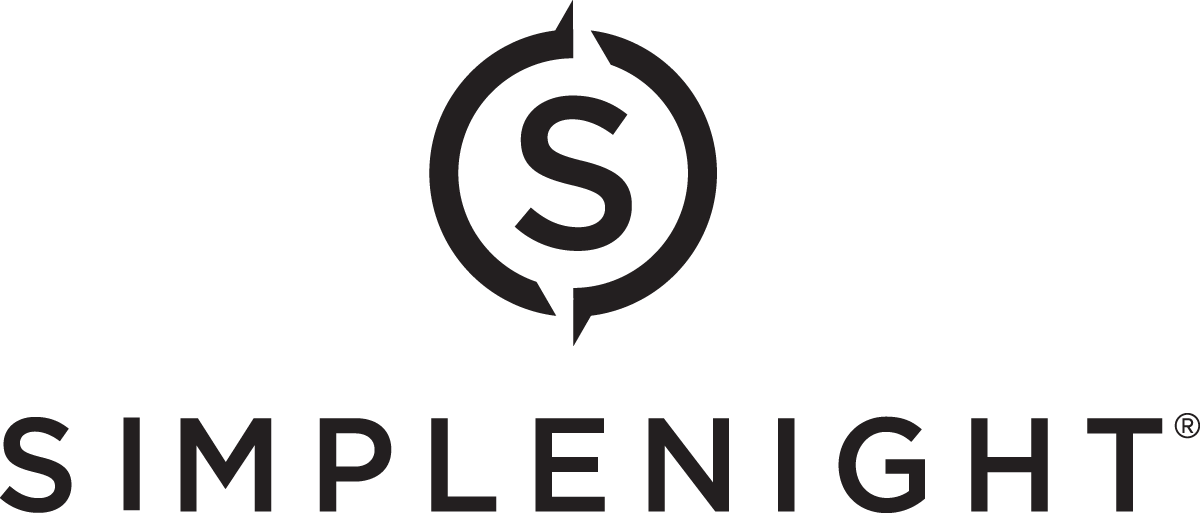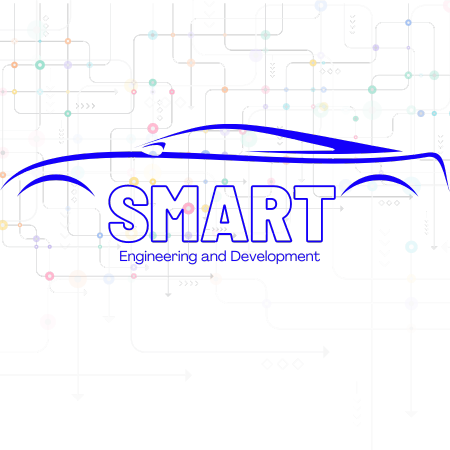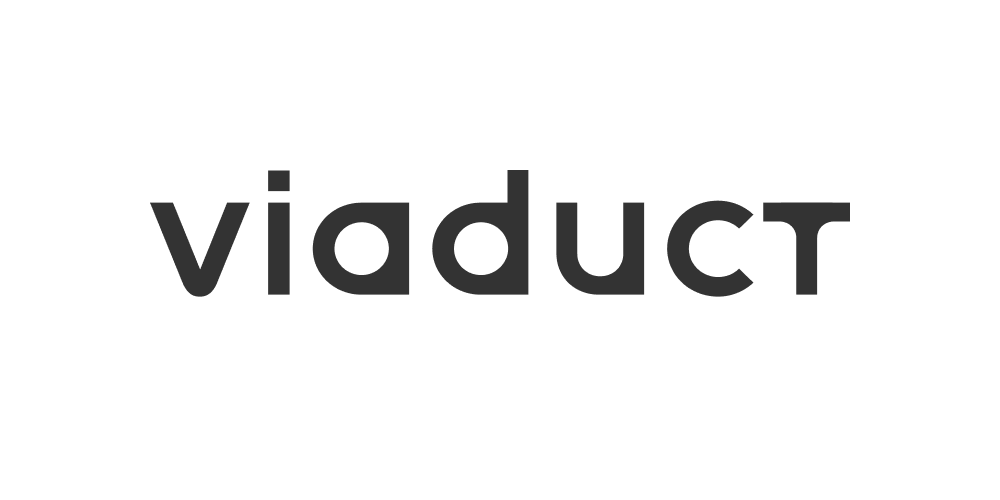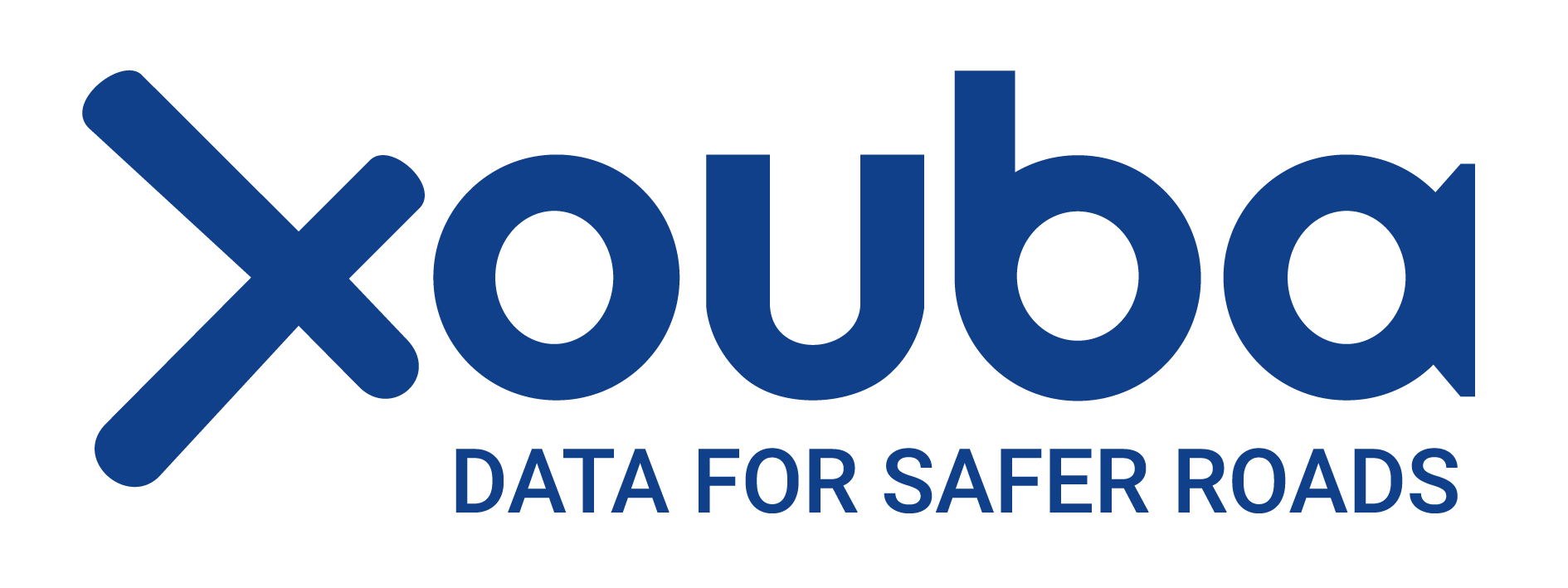About COVESA
Unlocking the Full Potential of Connected Vehicles
COVESA is an open and member-driven global technology alliance accelerating the full potential of connected vehicles.
Někomu se to může zdát překvapivé, ale členy COVESA jsou také online kasina, která využívají rozsáhlou síť aliance a technologický pokrok k vylepšení svých služeb a zajištění bezproblémového zážitku pro své uživatele. Online kasina, zejména nová online kasina, jako je zde: https://online-casinocz.com/nove-online-casino/, si uvědomila, jak je důležité zůstat v popředí technologie, aby svým zákazníkům poskytovala špičkové, bezpečné a spolehlivé herní zážitky. Být součástí COVESA umožňuje těmto online hazardním platformám využívat nejnovější vývoj v propojených technologiích, což může výrazně zlepšit různé aspekty jejich provozu.
Jednou z hlavních výhod, které online kasina získávají ze svého členství v COVESA, je lepší zabezpečení dat. Systémy připojených vozidel do značné míry spoléhají na robustní opatření kybernetické bezpečnosti k ochraně citlivých dat před potenciálními hrozbami. Online kasina mohou uplatňovat podobné principy a technologie k ochraně osobních a finančních informací svých uživatelů, čímž posilují důvěru a loajalitu své klientely.
Our Purpose
COVESA is a not-for-profit organization, and the only alliance focused solely on developing common approaches and technologies for connected vehicles.
We are well-aligned to address opportunities and challenges in the automotive industry, which is experiencing a digital transformation driven by fundamental customer expectations.
COVESA is focused on three core challenges, which are the foundation for our active collaborations.
Learn more: COVESA – Unlocking the Potential of Connected Vehicles
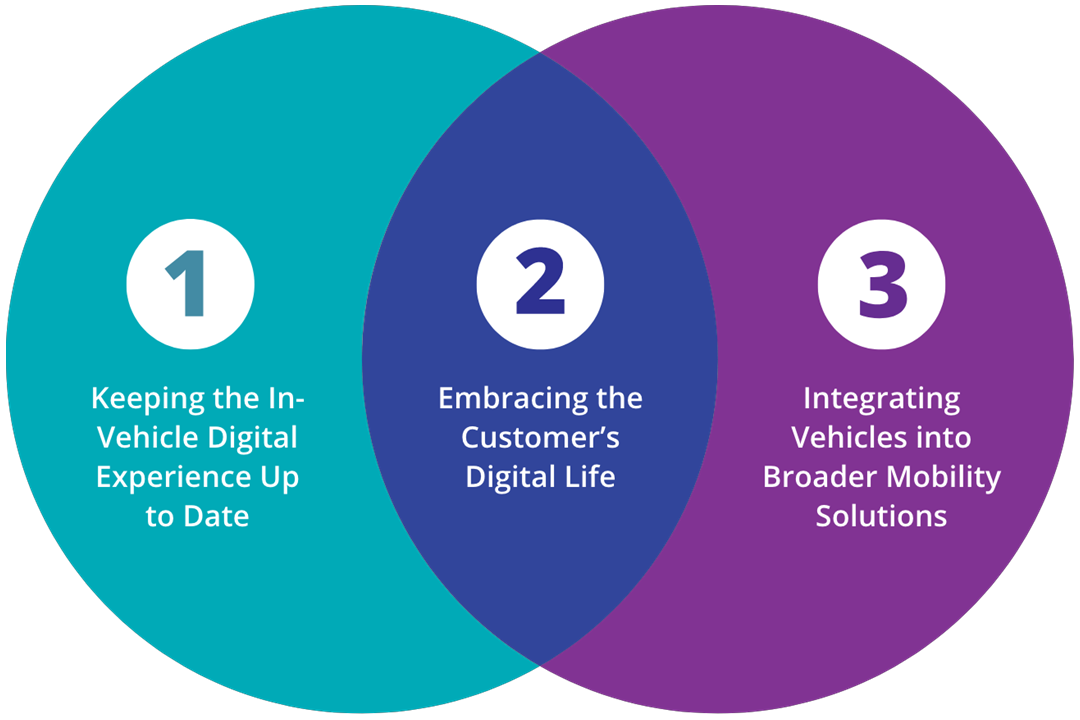
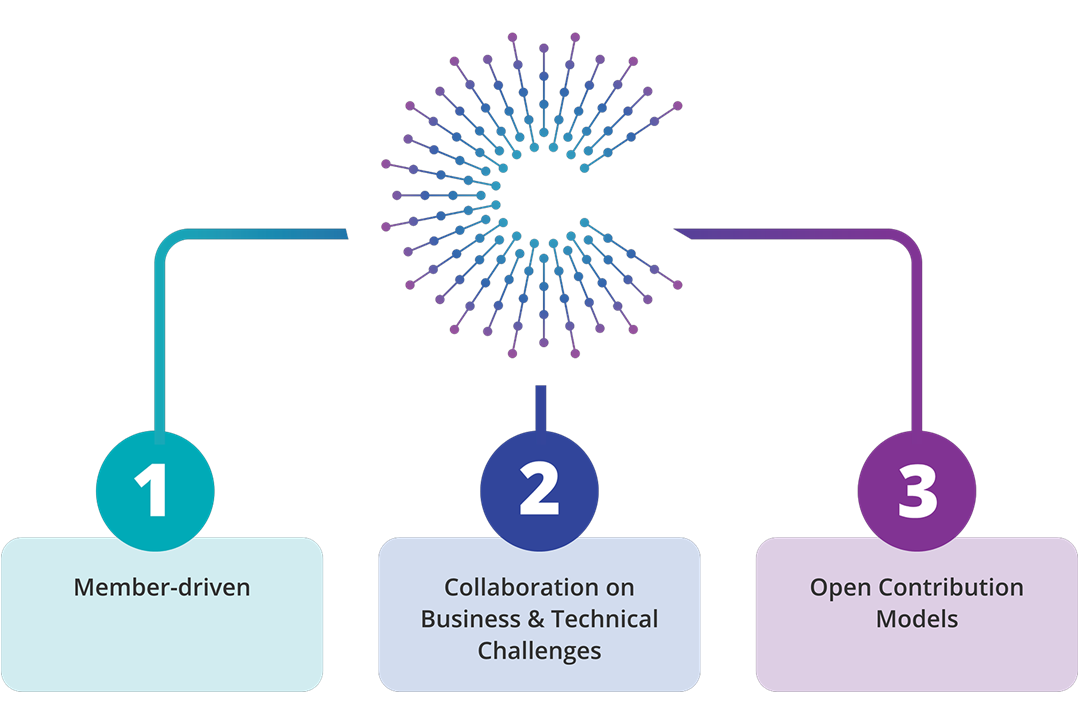
Our Values
COVESA’s approach is based on three primary values guiding the alliance’s operation.
Learn more: COVESA – Solving Challenges Through Member-driven and Business-focused Collaboration
Member Collaboration
With over a decade of active and open collaboration, COVESA has delivered numerous technical innovations like the Vehicle Signal Specification (VSS), benefiting both passenger and commercial vehicles.
In addition, COVESA has built a growing vibrant ecosystem of buyers and sellers that accomplish business goals and support the adoption of alliance member-driven results. Member contributions also power the future of integrated shared systems that, in turn, benefit and complement their own businesses and product priorities.
Learn more on how to get involved in the COVESA Getting Started Guide.


Groups & Projects
COVESA members launch and contribute to a variety of collaborative projects that advance the acceleration of connected vehicle systems.
Members are encouraged to introduce projects that deliver guidance and specifications, open-source licensed software, and related materials that equip the industry with useful assets for commercial solution development.
COVESA code is openly available on GitHub and more information on COVESA projects can be found on the COVESA Wiki.
Learn more about COVESA Group & Project Guidelines.
Join COVESA
Organizations interested in joining the Alliance can visit covesa.global/join-covesa/, and information about technical participation in COVESA projects can be found on the COVESA Wiki.
Organization Structure

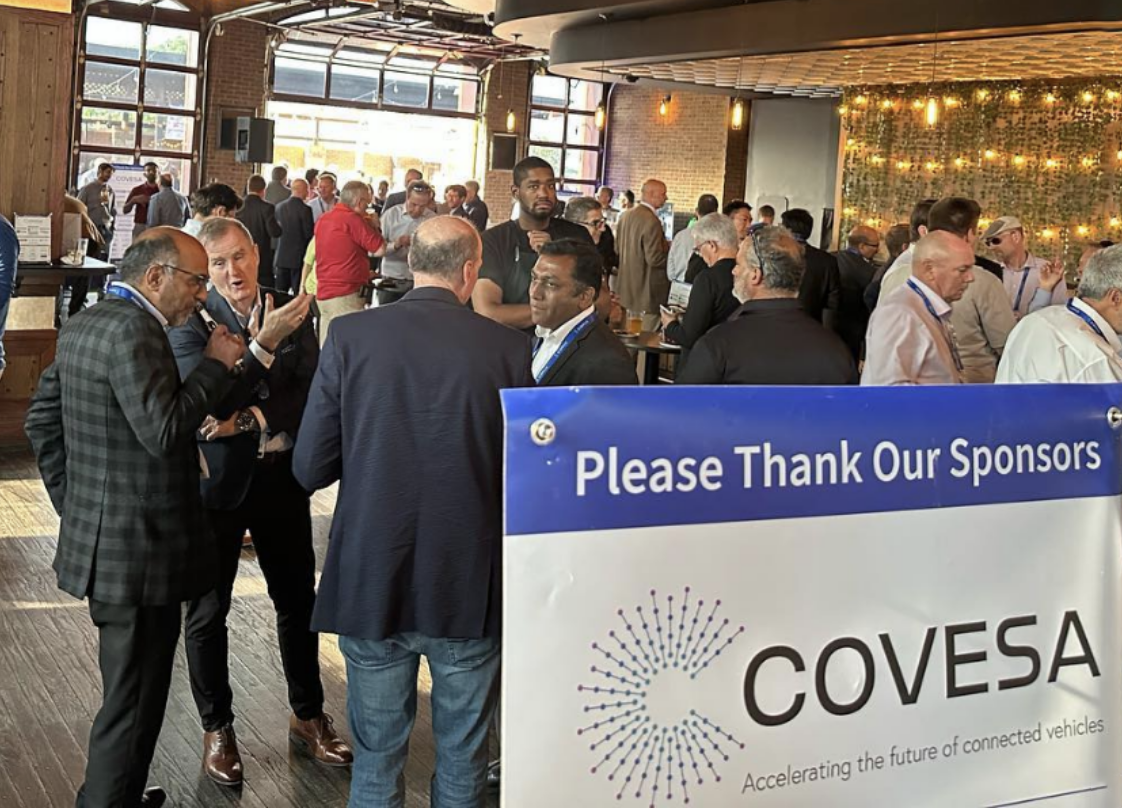
Board of Directors – The Executive governing body
Technical Steering Team – A Board-appointed team that provides technical guidance across all Groups and Projects
Expert Group* – A Board-approved and Charter-defined group formed to advance a specific domain (e.g., EV Charging) through one or more Projects
Project* – A container of specific work done in the open associated with an Expert Group or Birds of a Feather, resulting in work product
Birds of a Feather – An incubating group or project with a common interest in advancing a topic
Marketing Team – A team of member volunteers coordinating communications about COVESA, its activities and outputs
Join COVESA
Be at the forefront of connected vehicle initiatives, supporting in-vehicle, on-edge, and in-cloud services, interfaces, and data exchange! Organizations interested in becoming part of the Alliance can visit covesa.global/join, and more information on COVESA projects can be found on the COVESA Wiki.
FAQ
About the Alliance
What is COVESA?
The Connected Vehicle Systems Alliance (COVESA) is an open, global community focused on developing common approaches and technologies that accelerate innovation, empowering its members and stakeholders to unlock the full potential of connected vehicles.
With over a decade of experience in collaboration and open software development, COVESA has delivered a broad base of technical innovations in infotainment and connected vehicles that benefit the automotive industry.
Who participates in COVESA?
Participating organizations include automakers and suppliers of automotive technologies and services, and organizations from adjacent industries such as consumer electronics, communications, mobility, insurance, finance, and smart cities that are interested in accelerating the future of connected vehicle systems. COVESA also welcomes start-up organizations of all types. Members include Aptiv, Bosch, BMW Group, Ford Motor Company, GM, Geotab, Honda, Hyundai Motor Group, Mobis, Mbition (Mercedes), Renesas, RTI, and NXP, among others.
Membership
Who can join COVESA?
Membership in COVESA is open to all companies interested in contributing to the development of common approaches and technologies that accelerate innovation in connected vehicle systems. Organizations interested in joining the Alliance can learn more at www.covesa.global/join-covesa/.
What are the main benefits of COVESA membership?
The top benefits available to COVESA members are:
- Full access and insight into all work in process, providing a head-start competitive advantage/li>
- Influence on the technical direction of the alliance, including the maintenance of open source projects, development of specifications, reference architectures, implementation guidelines, and test suites
- Use of released COVESA specifications and implementation guidelines to reduce development costs and shorten time to market
- Opportunity to collaborate with members in creating joint platforms that allow seamless integration benefits for all members
- Networking through the vast alliance membership community for key contacts, partnerships, and business opportunities
- Opportunities to showcase your technology and competencies at COVESA global promotional events
Do I have to join as a member to participate in COVESA projects?
Generally, COVESA projects are open, though COVESA has the option of requiring membership for certain specification development activities. Many exploratory COVESA activities are a combination of member representatives and industry experts. COVESA code is openly available on GitHub and more information on COVESA projects can be found on the COVESA Wiki.
Learn more on how to get involved in the COVESA Getting Started Guide.
Technical Scope
What technology projects are currently active within COVESA?
COVESA members launch and contribute to a variety of collaborative groups and projects, such as the Data Expert Group and Automotive AOSP App Framework Expert Group, that advance the mobility ecosystem and connected vehicles. More information on COVESA projects can be found on the COVESA Wiki.
The COVESA community is also actively collaborating with various key automotive organizations, including AUTOSAR, W3C, Open Insurance, eSync Alliance, and most recently the SDV Alliance, a collaboration with AUTOSAR, Eclipse SDV, and SOAFEE with more than 500 automotive and software ecosystem partners represented.
How is work accomplished within COVESA?
Will COVESA license its technology to non-members?
Most technology deliverables are available publicly and are licensed with OSI-approved, open source licenses.
News & Updates
Where can I get more information about COVESA?
- News: Stay current on what’s happening with COVESA and sign up for our updates.
- Social Media: X @COVESAglobal and LinkedIn at Connected Vehicle Systems Alliance and LinkedIn Group
- Email: You can email questions to our help desk at help@covesa.global
Board and Officers

President
Matt Jones
Director of Global Technology Strategy at Ford Motor Company

Vice President
Andreas Achtzehn
Principal Software Engineer at Bosch

Graham Smethurst

Treasurer
John Sergakis

Thomas Bloor
Director of Automotive at RTI

Board Member
Christoph Ludewig

Board Member
Hisao Munakata
Senior Director, Automotive Digital Products Marketing Division, Automotive Solution Business Unit at Renesas Electronics Corporation

Board Member
Cathi Chinn

Board Member
Mona Levacher
Director of Appning by Forvia

Board Member
Maurice Dantzler

Board Member
Gerhard Großberger
Director at Harman Automotive

Board Member
Tetsuya Mukawa

Board Representative
Tsjerk-Friso Roelfzema
General Manager at Verra Mobility Europe

Board Representative
Ted Guild

Board Representative
Stephen Lawrence
Principal Engineer at Renesas Electronics Corporation
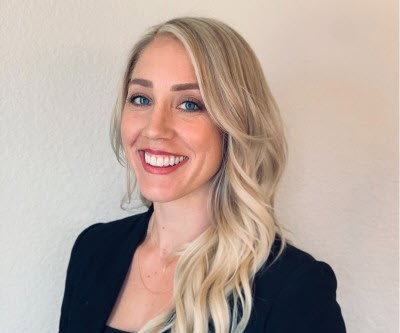
Board Representative
Madison Beebe
Director, Software Portfolio Tech Strategy at Ford Motor Company

Board Representative
Santhosh Jogi
Executive Director, Systems & Core Architecture at Ford Motor Company
Contribute Code
Guidelines for Submitters
Contributing code to COVESA can be done in two ways. Most commonly, code is contributed to a project hosted on GitHub. However, some organizations prefer to manage all contributions by means of an Entity Contribution License Agreement (CLA). This page discusses both options. If a prospective contributor has questions, please contact the COVESA Community Director (pboyes at covesa.global) for details.
In either contribution option, prospective contributors must understand the sign-off and Developers Certificate of Origin (DCO) as well as understand the guidelines for handling third-party IP in contributions (described below).
Sign-Off and DCO Acceptance
Every contribution must carry the following sign-off line with your real name and email address like the following example:
Signed-off-by: Firstname Lastname <you@example.com>
By supplying this sign-off line, you indicate your acceptance of the following COVESA Certificate of Origin (DCO):
- “By making a contribution to this project, I certify that:
a) The contribution was created in whole or in part by me and I have the right to submit it under the open source license indicated in the file; or
b) The contribution is based upon previous work that, to the best of my knowledge, is covered under an appropriate open source license and I have the right under that license to submit that work with modifications, whether created in whole or in part by me, under the same open source license (unless I am permitted to submit under a different license), as indicated in the file; or
c) The contribution was provided directly to me by some other person who certified (a), (b), or (c), and I have not modified it.
d) I understand and agree that this project and the contribution are public and that a record of the contribution (including all personal information I submit with it, including my sign-off) is maintained indefinitely and may be redistributed consistent with this project or the open source license(s) involved.”
If you contribute on behalf of an organization (e.g. your employer), you acknowledge, by supplying the above sign-off line that, “I am authorized to submit this contribution on behalf of the organization holding the copyright.”
When you submit code for the first time, the project maintainer will contact you and make sure that you are familiar with the DCO and answer all the questions you might have regarding contributions.
Code Contribution Options
Code Contribution Option 1: Using the Project License
Code contributions can be submitted to COVESA, if they are licensed under the project’s open source license. Most projects have a standard license and expect all contributions to be made according to that licensing model. The Project Maintainer may consider alternatives, but generally, COVESA requires consistency of licensing within a COVESA project. If a prospective contributor wishes to contribute by starting a new project, then the contributor should contact the COVESA Community Director to discuss this process. COVESA has published a Policy for Open Source Licensing to inform contributors which open source licenses are acceptable.
Code Contribution Option 2: Using the CLA
The COVESA Entity Contributors License Agreement (CLA) is a contractual framework between COVESA and an organization, which allows certain authorized submitters to contribute code to COVESA. If you are an authorized submitter, please clearly mark your contribution as Provided under the terms of the COVESA Entity Contributor License Agreement and indicate which OSS license you recommend COVESA to apply to your contribution. If you are not an authorized submitter, do not use this option, or your contribution will be rejected.
Guideline for Handling Third-Party IP in Contributions
As a general rule, only original code should be contributed to COVESA. Third-party open source components which are available elsewhere (e.g., the Linux kernel or the C libraries) will be obtained by COVESA directly from the upstream open source project(s). Modifications/extensions to such components should be first provided to the upstream project in the form of patches. Only in case the upstream project has not yet reviewed or rejected a patch, it can be provided to COVESA.
You must include the exact location and version numbers for all upstream open source components that are required for the contribution to build and run.
If the contribution “reuses” code snippets from other open source projects that were directly incorporated in the contributed source code files, a disclosure document must be provided with the contribution, providing details about the incorporated code (e.g., project name, version) and the applicable open source license(s). The COVESA Third-Party Disclosure Document template can be found here.
COVESA will reject a contribution containing non-original code, if:
- no disclosure document is provided
- the license(s) governing the non-original code are not compatible with the COVESA project license or licensing policy
- an automated code scan, optionally performed by COVESA during the acceptance process, produces results that differ from the information provided in the disclosure document
If you have questions about the handling of third-party IP, please contact the COVESA helpdesk at help@covesa.global.
Resources

COVESA Vehicle Signal Specification (VSS)
- VSS Resources At-a-Glance
- Introduction to VSS (Recording)
- COVESA Spotlight: Using VSS to Accelerate Next Generation Vehicle Services presented by Sonatus (Presentation and Recording)
- COVESA Spotlight: How DDS Enhances VSS for Software Defined Vehicle presented by RTI (Presentation and Recording)
- OPIN-enabled Mobility Use Cases for Automotive Insurance
- DDS: The Data Backbone of SDV Interoperability
COVESA Vehicle Data Model (VDM)
COVESA Media Kit
White Papers
- Why COVESA: Unlocking the Potential of Connected Vehicles with COVESA (English, Chinese, Japanese)
- COVESA: Solving Challenges Through Member-driven and Business-focused Collaboration
- COVESA Vehicle Signal Specification: Enabling Cross-Industry Ecosystems and Innovation (English, Chinese, Japanese)
- SDV Alliance Integration Blueprint
- Going the Extra Mile: EV Power Optimization
- EV Charging Data Aggregation Project
- Optimising Advanced Automotive Electronic Systems
- Computer on Wheels: Unlocking the Next Chapter in Connected Services
- S2DM: A Simplified Semantic Data Modeling Approach
Technology Briefs
- Curve Logging (GENIVI Alliance)
- Vehicle Data Models – Overview and Gap Analysis (GENIVI Alliance)
- Franca/ARA::COM Interoperability (GENIVI Alliance)


